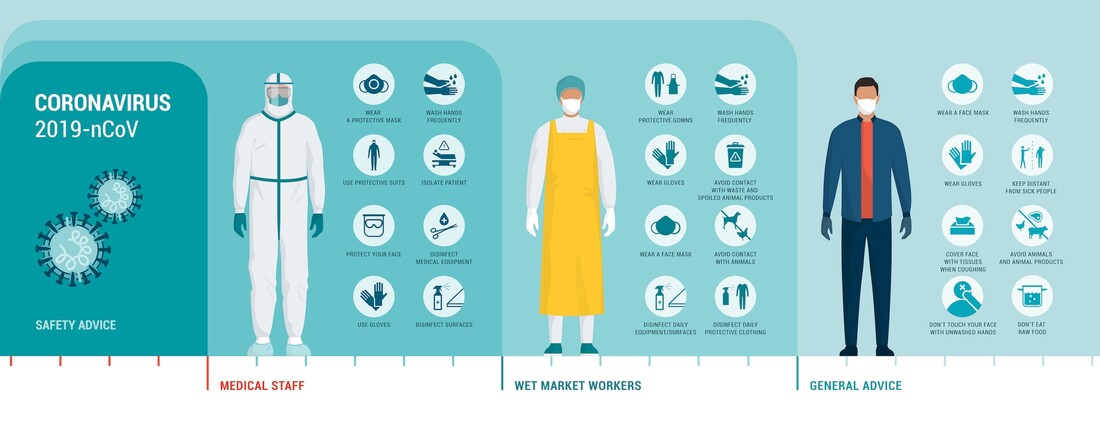Whether a windy day leads to a cut in power and Wi-Fi, or snow means children are forced to stay at home instead of being in the classroom, these situations can bring challenges for your workers as they continue to work remotely for your business. Let’s explore the attitude you should take to tackling extreme weather and the impact it can have on your workplace productivity and staff.
Why You Should Put Staff First During Winter
As Lockdown continues your staff are undoubtedly stressed, from dealing with homeschooling in some cases to tackling troublesome Wi-Fi issues. But as Winter continues, these issues could be magnified for your staff.
Whether it’s rain, wind, hail or snow, extreme weather will affect your workers more so during Lockdown, as they rely heavily on their home amenities.
So, why should you put your staff first during Winter? After all, your business will undoubtedly be under financial and productivity pressures during this current Lockdown.
But your business relies on the productivity and performance of your staff. If extreme weather causes these crucial elements to be reduced, then your business will falter. Taking the time to consider your staff and their challenges during Winter and putting them first will help boost your business and maintain your growth in 2021.
Taking The Right Attitude This Winter
So, how can you take the right attitude with your staff this Winter? Here’s our top tips:
1. Be Patient
Remember to have patience with staff. It’s understandable that your business faces a host of challenges - keeping contracts and customers, maintaining performance and growth goals despite recurring lockdowns and Covid-19 pressures.
But your staff face their own challenges this Winter. From sharing household Wi-Fi and equipment with children to ensuring extreme weather doesn’t affect electricity supplies.
If your staff face a challenge that could affect their attendance or productivity whilst working from home, remember to be patient and show some understanding and empathy with staff. Your workers will feel valued and appreciated by their employer, boosting loyalty and job satisfaction in the long-term.
2. Offer Help
Whilst listening and demonstrating patience is a positive attitude, offering help to staff when they face a challenge will go that extra mile. Whether it’s offering a mobile data supply when a staff member faces a Wi-Fi shortage, or a social distanced workspace in an emergency, offering help to staff members will demonstrate your appreciation of your workers.
Offer help and this will benefit your business by maintaining productivity and performance, regardless of the challenges of a Winter in Lockdown.
3. Learn
While it isn’t your organisation’s responsibility to control extreme weather during Winter, it is important to learn lessons on how to treat staff during a winter crisis.
Whether during a lockdown or not, consider the attitude you have taken with staff in the past and take time to think about how to improve this. By considering learning from mistakes or attitudes from the past, you’ll ensure that your business’ productivity and performance will not be impacted by winter challenges whilst your staff will receive the correct attitude and help to deal with any future challenges due to extreme weather.











 RSS Feed
RSS Feed